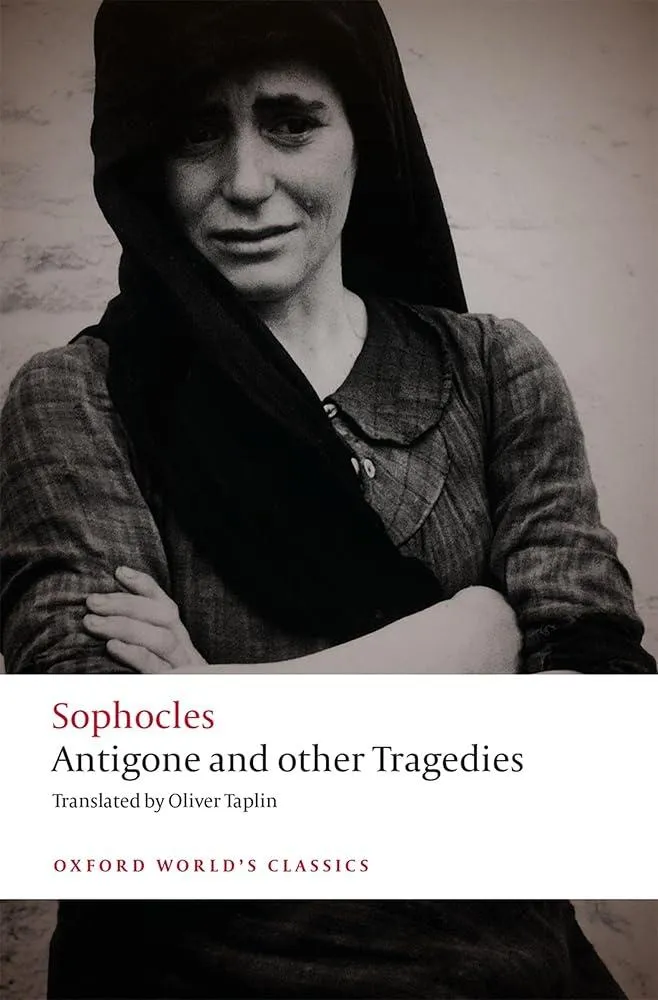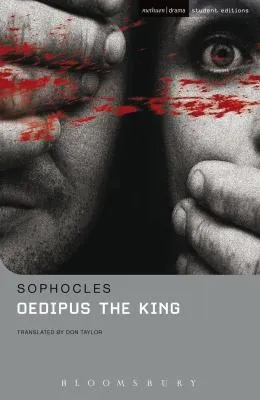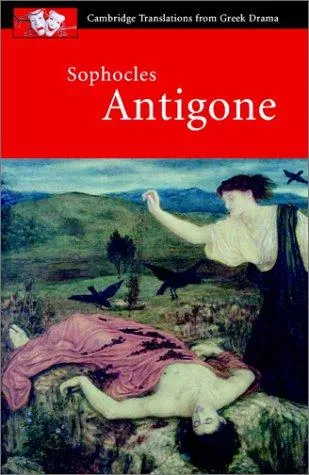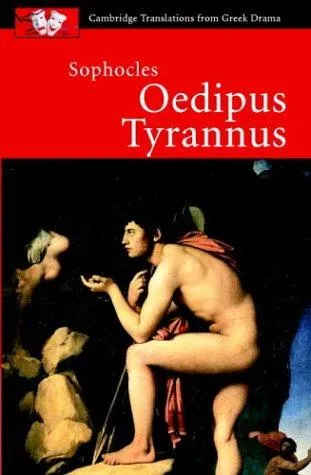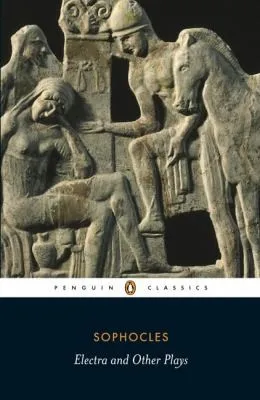
Sophocles’ innovative plays transformed Greek myths into dramas featuring complex human characters, through which he explored profound moral issues. Electra portrays the grief of a young woman for her father Agamemnon, who has been killed by her mother’s lover. Aeschylus and Euripides also dramatized this story, but the objectivity and humanity of Sophocles’ version provides a new perspective. Depicting the fall of a great hero, Ajax examines the enigma of power and weakness combined in one being, while the Women of Trachis portrays the tragic love and error of Heracles’ deserted wife Deianeira, and Philoctetes deals with the conflict between physical force and moral strength.
Sophocles
Sophocles was an ancient Greek playwright, known for his tragic plays that explored themes of fate, morality, and the human experience. His most notable works include "Oedipus Rex," "Antigone," and "Electra." Sophocles is credited with introducing a third actor to the stage, enhancing the complexity of his plays and setting the standard for future playwrights. His writing style is characterized by rich language, dramatic tension, and psychological depth. Sophocles' contributions to literature have had a lasting impact on the genre of tragedy, influencing countless playwrights and authors throughout history. "Oedipus Rex" is considered his most famous work, a timeless tragedy that delves into the complexities of fate and free will.
